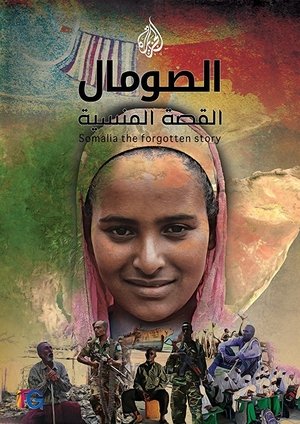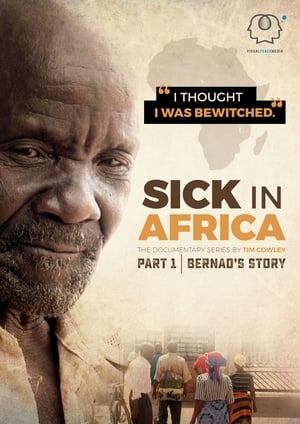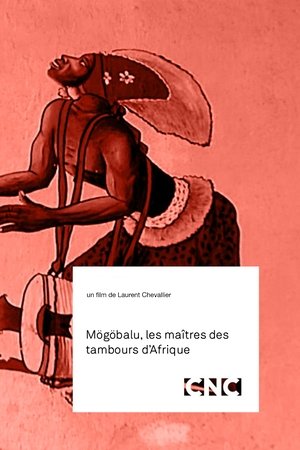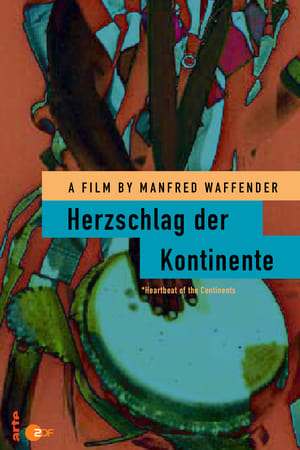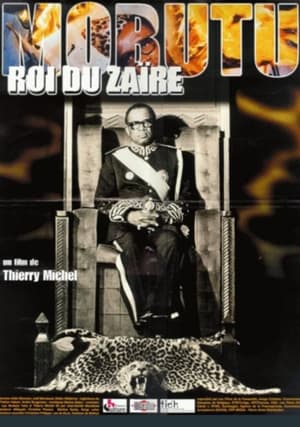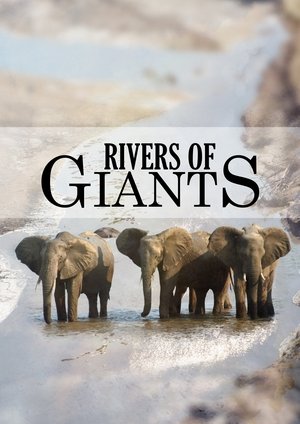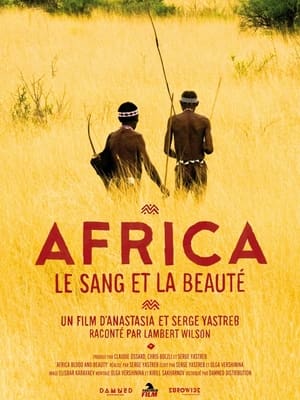Overview
A documentary about a Danish-Nigerian family torn apart by geography, who are today trying to both comprehend and explain the choices they made that have led them to this point. When the filmmaker Jide, for the first time in five years, visits his father’s poultry farm, we see through his camera the unfolding of a story about family, love, and legacy. It is a quiet and stunning portrait of a broken family trying to heal, one in which the drama occurs in their mutual understanding, and never takes up more space than the impressions that meet Jide’s camera.

 Italian
Italian
 5
5
 2013
2013
 Germany
Germany

